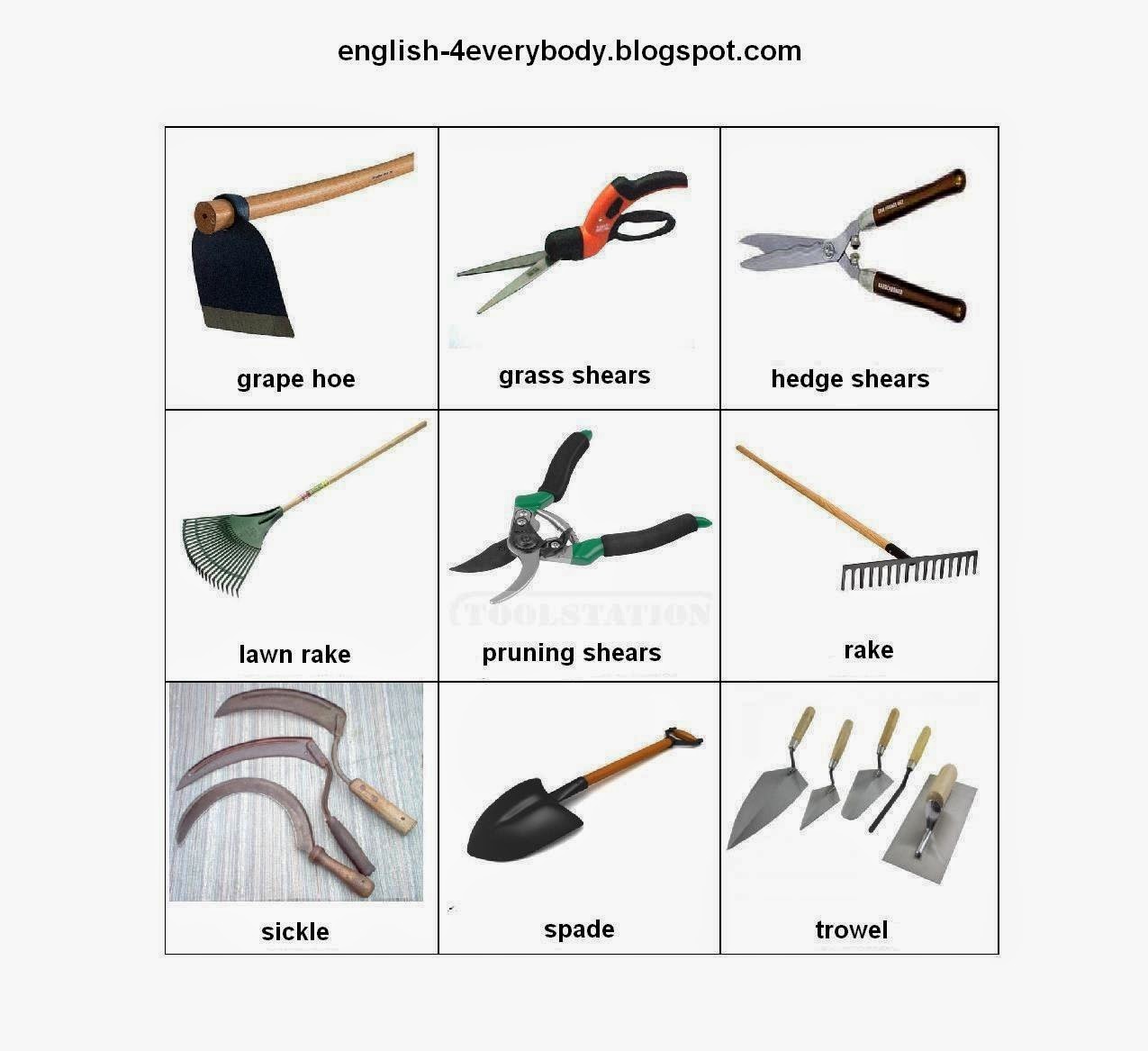When it comes to successful farming, having the right tools can make all the difference. The farmer tools list encompasses a variety of implements and equipment that can enhance productivity, improve efficiency, and ensure that tasks are completed with precision. Whether you are a beginner just starting out in the farming world or a seasoned professional looking to upgrade your toolkit, understanding what tools are essential can streamline your farming practices and boost your yields. In this article, we will explore a comprehensive farmer tools list, providing insights into their uses and importance.
A well-curated farmer tools list is not just about having the latest gadgets; it is about selecting the right tools that suit your specific farming needs. From hand tools that aid in daily tasks to larger machinery that can handle extensive agricultural work, each tool serves a purpose. Furthermore, as sustainability becomes a pivotal consideration in modern farming, many tools are now designed to be eco-friendly, helping farmers to reduce their carbon footprint while still maintaining productivity.
In addition to the practical aspects of a farmer tools list, understanding how to maintain and care for these tools is crucial. Proper maintenance not only extends the life of your equipment but also ensures optimal performance. As we dive deeper into this article, we will discuss various categories of tools, their specific uses, and tips for upkeep, ensuring that you are fully equipped to tackle any farming challenge that comes your way.
What Tools Are Essential for Every Farmer?
Every farmer's toolkit may vary according to the type of farming they engage in, but there are some essential tools that all farmers should consider including in their farmer tools list:
- Shovel
- Hoe
- Rake
- Pruning Shears
- Garden Fork
- Wheelbarrow
- Hand Tiller
- Seed Spreader
How Do Hand Tools Benefit Farmers?
Hand tools are the backbone of any farmer's toolkit. They are often more affordable, easier to handle, and require less maintenance than larger machinery. Here are some specific benefits of using hand tools:
- Precision: Hand tools allow for intricate work that is difficult to achieve with machines.
- Cost-effective: They are generally cheaper and have lower operating costs.
- Accessibility: They can be used in smaller spaces and are ideal for organic farming.
- Physical Exercise: Using hand tools provides physical activity which can be beneficial for overall health.
What Types of Power Tools Should Farmers Consider?
While hand tools are essential, power tools can significantly reduce manual labor and increase efficiency. Here are a few power tools to consider for your farmer tools list:
- Rototiller: For breaking up soil and preparing garden beds.
- Chainsaw: Essential for tree trimming and clearing land.
- Lawn Mower: Keeps grass and weeds at bay in larger areas.
- Tractor: A multipurpose machine for plowing, planting, and harvesting.
How Can Farmers Maintain Their Tools Effectively?
Proper maintenance is key to ensuring that your tools last for years and perform efficiently. Here are some tips for maintaining the tools on your farmer tools list:
- Regular Cleaning: Remove dirt, debris, and rust after each use.
- Sharpening Blades: Keep cutting tools sharp for more efficient work.
- Storage: Store tools in a dry place to prevent rust and damage.
- Inspection: Regularly check for wear and tear, replacing parts as needed.
What Are the Benefits of Using Sustainable Farming Tools?
As the agricultural industry moves towards sustainability, many farmers are opting for tools that are not only effective but also environmentally friendly. Sustainable tools can provide numerous benefits:
- Reduced Environmental Impact: Using eco-friendly tools minimizes pollution and conserves resources.
- Improved Soil Health: Sustainable farming tools promote better soil practices, enhancing fertility and structure.
- Cost Savings: Sustainable practices can lead to lower input costs over time.
How to Choose the Right Tools for Your Specific Farming Needs?
Selecting the right tools from your farmer tools list depends on various factors, including the type of crops you grow, the size of your farm, and your farming methods. Here are some considerations:
- Assess Your Needs: Determine the primary tasks you need to accomplish.
- Research Tools: Look for tools that are recommended for your specific farming objectives.
- Consider Ergonomics: Choose tools that are comfortable and easy to use to reduce strain.
Personal Details and Bio Data of a Renowned Farmer
| Name | John Doe |
|---|---|
| Age | 45 |
| Location | Springfield, USA |
| Type of Farming | Organic Vegetable Farming |
| Years of Experience | 20 |
In conclusion, having a well-thought-out farmer tools list is essential for any farmer looking to enhance their productivity and efficiency. From hand tools to power tools, each type of equipment offers unique benefits that can help you manage your farm effectively. By maintaining your tools and incorporating sustainable practices, you can not only improve your yields but also contribute positively to the environment. Whether you're just starting or looking to upgrade your existing toolkit, consider the essentials discussed in this article to ensure you are fully prepared for the challenges of modern farming.



